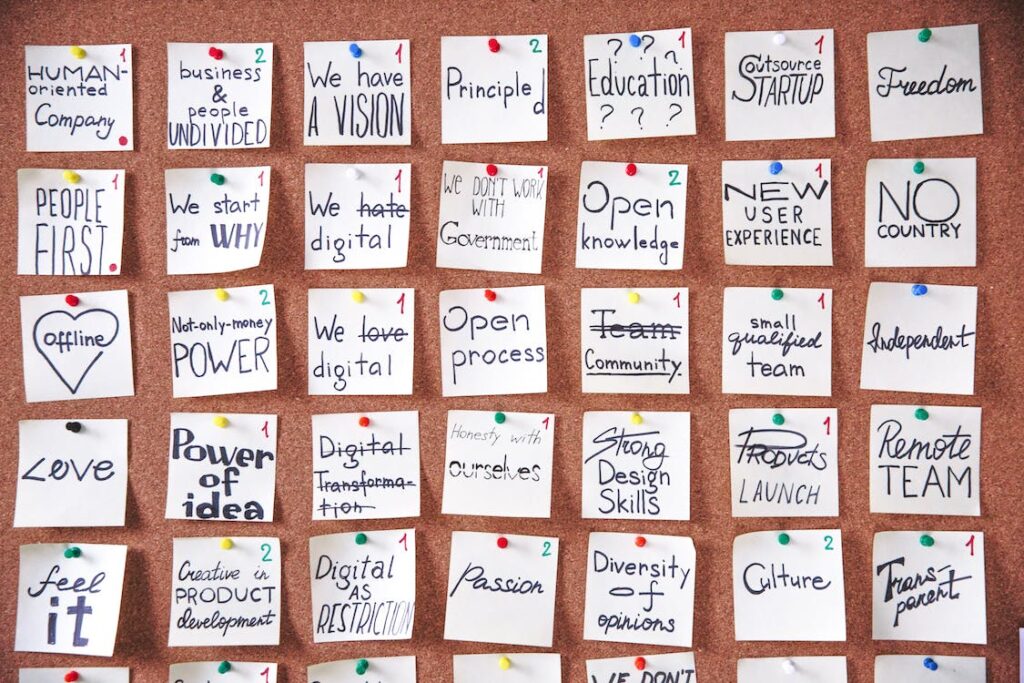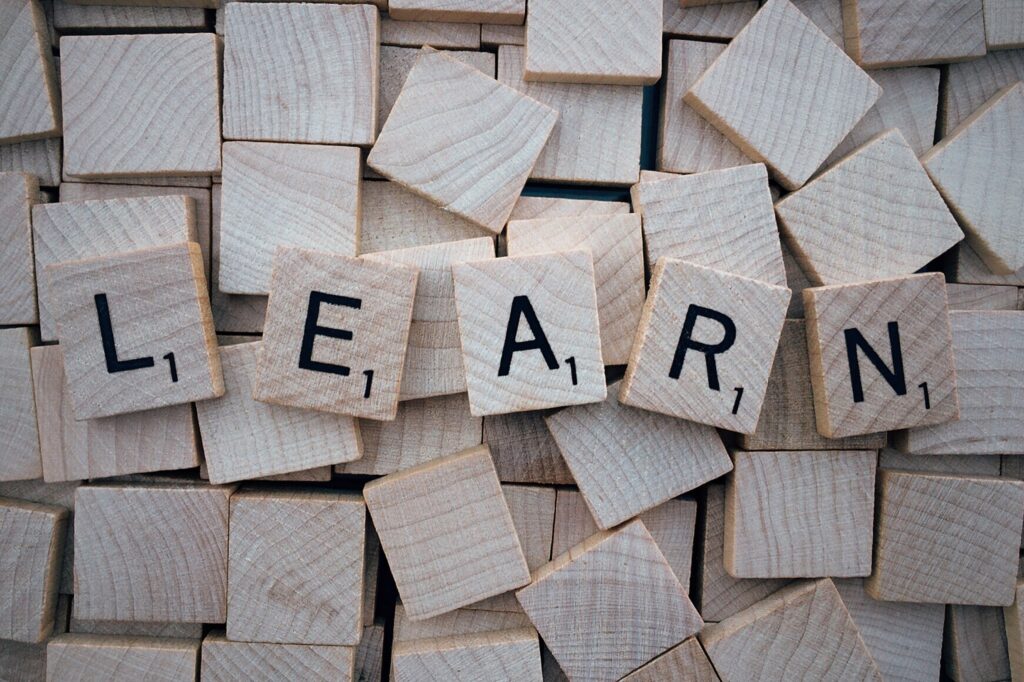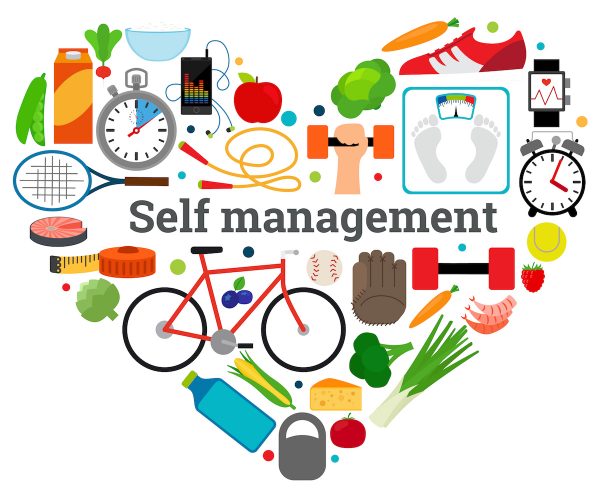Developing Self-Mastery Through 7 Effective Strategies
| February 20, 2023
What Exactly is Self-Mastery?
Developing Self-mastery is a sign that you have the inner strength needed for effective leadership. So it is unquestionably worthwhile to invest the time necessary in developing self-mastery. Because of this, you’ll probably become a happier, calmer person and learn that opportunities arise as a result.
You move slowly and deliberately towards your goals while maintaining self-control in all situations. Because you are aware of your goal, you have the self-control to behave in a purposeful, focused, and respectable manner. Self-mastery is crucial if you want to achieve your life’s goals. This phrase also refers to restraint over your feelings, inclinations, and actions.
Think about the people you know who struggle with restraint. They probably make rash, impulsive decisions. They might experience emotional instability, yell at coworkers in a fit of rage, and then act overly polite to make amends. Because they are unpredictable, people view them as being unreliable.
Self-mastery includes establishing and achieving personal goals, developing self-control, and continually working to improve oneself. Among the methods for obtaining self-mastery are:

1 ) Having Specific, Focused Goals
Setting goals is a crucial step in achieving success, both personally and professionally. However, it’s not enough to simply have a general objective in mind, such as “I want to be successful.” To truly make progress, it’s necessary to define specific, measurable goals that can be tracked and evaluated over time.
The first step in setting effective goals is to be particular. Rather than setting generic objectives, such as “I want to be successful,” it’s important to make more precise goals that include specific details. For example, setting a goal to increase your income by 20% within the next year is a specific and measurable objective that provides a clear target to work towards. By setting these specific goals, you can focus your efforts and increase your chances of success.
In addition to being particular, your goals should also be quantifiable. This means that they should include specific numbers or metrics that can be used to measure progress. For instance, setting a goal to lose 10 pounds over the next three months is a quantifiable objective that can be tracked and evaluated. By setting quantifiable goals, you can monitor your progress and determine how far you still have to go to achieve them.
Another important aspect of effective goal setting is to set deadlines. Giving yourself a specific timeframe in which to achieve your goals can help you stay motivated and focused on the task at hand. For example, setting a goal to start your own business within the next two years provides a clear deadline and can help keep you on track.
It’s also important to ensure that your goals are doable and realistic. This means taking into account your own skills and the resources and help that you have at your disposal. If a goal seems too ambitious or out of reach, consider breaking it down into smaller, more manageable steps. For instance, if you want to launch your own company, you might start by conducting market research, creating a business strategy, and seeking capital.
Flexibility is also an essential aspect of effective goal setting. While it’s important to set specific objectives, it’s equally important to be willing to adjust them as needed. New information or unexpected obstacles may require you to modify your goals, and being flexible can help you stay on track and adapt to changing circumstances.
Writing down your goals is another important step in effective goal setting. By putting your goals on paper, you give them greater weight and promote accountability. Regularly reassessing and evaluating your goals can help you stay on track and ensure that they still align with your values and guiding principles.
In summary, setting specific, measurable, achievable, relevant, and time-bound (SMART) goals is essential for achieving success. By being particular, quantifiable, and setting deadlines, you can stay motivated and focused on the task at hand. It’s important to ensure that your goals are realistic and achievable, and to be flexible and willing to adjust them as needed. Writing down your goals can help you stay accountable and monitor your progress over time. Remember, goal setting is a continuous process, and it’s important to regularly reassess and evaluate your goals to ensure that they still align with your values and guiding principles.

2 ) Self-discipline Development
The ability to regulate one’s impulses and make choices that are compatible with their goals and ideals is known as self-control. It’s essential to developing self-mastery since it allows you to follow through on commitments and achieve progress toward your goals. The following are some methods for improving self-control, Set defined objectives. You may focus your efforts and give yourself a feeling of direction by setting clear, specific goals. As a consequence, making decisions and taking the required steps to achieve your goals may be significantly simpler Prioritize your chores so that you may focus on the most important ones while avoiding distractions that could lead you to lose sight of your goals.
Utilize calendars and to-do lists as tools to manage your chores and prioritize them. Create a routine, Making a regular routine might help you manage your life and stay committed to your goals. You may start with a basic activity like making your bed in the morning and work your way up to more challenging ones.
Avoid putting things off, Procrastination may greatly hinder lack of self-discipline. One approach to get through it is to set deadlines for yourself and divide your efforts into smaller, more doable pieces. Exercise Control, The capacity to control your urges and make choices that are compatible with your goals is self-discipline. Begin by practicing self-control in little ways, like refusing to check your phone or indulging in bad meals.
Take note of your errors, Self-control takes practise, so it’s crucial to be kind to yourself and learn from your mistakes. Reevaluate your activities and make any required adjustments. Be in the company of encouraging people: Your attitude and behaviour can be significantly influenced by the people you are with. Spend time with those who will motivate and encourage you while you practise self-discipline.
It takes time, continuous practise, and effort to build self-discipline; it is not a talent that can be learned overnight. It’s important to remember that building self-discipline entails going towards your objectives and making continuous improvements. It’s not necessary to be flawless.
In conclusion, developing self-control is a crucial step on the path to developing self-mastery because it gives you the ability to make choices and conduct actions that are consistent with your goals. It’s important to have clear objectives, manage your time effectively, establish routines, avoid procrastination, exercise self-control, learn from your mistakes, and surround yourself with encouraging people. Developing self-mastery requires time and work, but you can succeed if you are persistent and determined.

3 ) Never-Ending Development And Learning
Continuous learning and growth are essential to developing self-mastery since it promotes self-improvement and the achievement of one’s personal and professional goals. The following are some methods for developing and learning more, Look for fresh knowledge and experiences, You may widen your horizons and improve your understanding of the world by being exposed to new ideas and opinions, whether through formal education, reading, or travel. By surrounding yourself with people in the topics you find intriguing, you may learn from others.
Find mentors and role models who can guide and motivate you on your road to self-mastery. Recognize failure, A crucial part of learning is a failure. It’s essential to view it as an opportunity to go forward rather than a failure. Review your decisions and actions, Allow yourself time to reflect on your decisions and deeds, as well as what you may have done better. Make use of this contemplation to improve yourself.
Set new goals all the time, Getting new goals accomplished is a method to keep growing and learning. You may push yourself and set challenging objectives because of it. Be flexible, Be open to new concepts and prepared to change your mind as new knowledge becomes available. Practice mindfulness techniques, The ability to be present in the moment, or mindfulness, maybe a powerful tool for learning and growth. It makes it possible for you to be more aware of your thoughts, feelings, and surroundings, which may help you better comprehend both the environment and yourself.
It’s crucial to persist in your quest for knowledge and personal improvement since learning and development are continual processes. It calls for being risk-taking, having an open mind, and wanting to always improve. By continuing to study and grow, you may accomplish your goals, widen your viewpoint, and improve your general welfare.

4 ) Reviewing Your Previous Acts
Reflection is an essential step on the path to self-mastery since it allows you to grow in self-awareness and learn from your mistakes. Here are some ideas for looking back on your choices, Consider your actions carefully, and Make time for reflection on your decisions and deeds a regular component of your agenda. Consider what worked well, what failed, and why. Be truthful to yourself: It’s important to be honest with yourself while thinking about your prior behaviour. Instead of attempting to minimise or rationalise your errors, try to understand the causes behind them. Identify patterns: Look for trends in your decisions and behaviour.
Do specific settings or conditions likely to trigger various behaviours? Be mindful of the results: Think on the results of your decisions and actions. What effect did they have on you and other people? What else, if anything, would you have changed? requesting comments Talk to people to acquire their opinions on your actions and decisions. This can assist you get some perspective and help you understand how other people could see your behaviour. Take note of your errors: Action reflection can assist you in recognising and fixing prior mistakes. Use the knowledge you’ve gained to make adjustments and move on.
Consider reflection a chance for improvement: You can find opportunities for development and places for improvement by reflecting back on your past activities. Instead than waiting for a specific incident or error to happen, it’s crucial to make it a practise to regularly reflect on your behaviour. Remember that assessing your behaviours shouldn’t be done for the purpose of criticising oneself, but rather to gain a better understanding of yourself and move forward consistently. By analysing your choices, you may make better decisions, become more self-aware, and reach your objectives.

5 ) Developing Healthy Behaviours
The route to developing self-mastery begins with developing healthy habits since they improve overall welfare and help one achieve both personal and professional goals. Here are some tips for creating beneficial habits, Begin modestly, It’s important to establish new habits since it might be challenging otherwise.
Choose one habit you wish to develop and work on it diligently until it becomes a part of your daily routine. Be specific, Clearly state the habit you wish to develop. Instead of saying “I want to exercise more,” use “I will go for a 30-minute stroll every day at lunch.” Create a schedule, Include your habit in your everyday routine. If you include it into your daily routine, it will be easier to maintain.
Follow your development: Following your progress might help you stay motivated and on track. On a calendar or habit tracker, cross off each day that you follow the habit. Be dependable, Consistency is required to create a habit. Follow your timetable closely and practice your habit as much as you can. Create a welcoming atmosphere.
Try to surround yourself with people and things that will help you form new habits. For instance, if you want to start exercising more, sign up for a club membership or locate a workout Partner. Give yourself something as a reward for keeping up your habit. It may be as simple as purchasing a brand-new book. Be kind to yourself since it takes time and work to develop healthy habits. Don’t be too harsh on yourself if you make a mistake; simply refocus and carry on.
Remember that creating healthy habits is a lifelong effort that requires patience, persistence, and commitment. It’s essential to keep going despite the difficulties. By establishing healthy habits, you may improve your overall well-being, reach your objectives, and grow into the greatest version of yourself.

6 ) Surrounding Yourself with Positive Individuals
Being around by supportive people who can help you on your road to both personal and professional development is an essential part of developing self-mastery. In the following ways, you may surround yourself with inspiring people: Seek out mentors Ask for assistance from those who are knowledgeable and experienced in the areas that interest you.
Create a network of supporters Create a team of people who will support you in your journey for self-mastery. This holds true for coworkers, relatives, and friends. Get active: Locate a group or community of like-minded individuals who share your interests and goals. One could have a sense of belonging and support as a result. Take care who you spend time with since not everyone will be supportive. Pick friends and colleagues who will build you up rather than bring you down. By articulating your objectives, you may let the people in your life know about your aims. As a result, their understanding and support of you can increase.
Practice thankfulness and express your thanks to the individuals in your life who assist you. A simple “thank you” or a modest gesture of gratitude may make a big difference in creating long-lasting friendships.
Be encouraging, but also remember to encourage others. Being around by supportive individuals is a two-way street, so it’s crucial to return the favour.
You may overcome hurdles and problems, stay motivated and goal-focused, and learn from others by surrounding yourself with a solid support network. Always remember that the people you spend time with may have a big influence on your motivation and behavior.

7 ) Practice Mindfulness
Mindfulness is a simple yet powerful practice that can help individuals live more fulfilled lives and improve their mental and emotional well-being. It involves being fully present and engaged in the present moment without passing judgment. The benefits of mindfulness are numerous and can be experienced by anyone who is willing to put in the effort to develop this skill.
One of the primary advantages of mindfulness is its ability to reduce stress and anxiety. By being mindful, individuals can become more aware of their thoughts and feelings without becoming emotionally involved in them. This helps to reduce feelings of tension and worry and allows individuals to take a step back and analyze their thoughts and feelings objectively.
In addition to reducing stress and anxiety, mindfulness can also aid with attention and focus. By being present and attentive, individuals can shut out distractions and maintain their focus on the task at hand. This can be especially helpful for those who struggle with attention deficit disorders such as ADD or ADHD.
Another benefit of mindfulness is its ability to enhance relationships. By being attentive, individuals can better understand and accept their own thoughts and feelings, which in turn makes it easier to comprehend and accept those of others. This can lead to improved communication and conflict resolution skills.
There are several methods that individuals can use to develop mindfulness. One of the most common techniques is to focus on the breath. This involves sitting still and paying attention to how the breath feels as it enters and leaves the body. Another strategy is to pay attention to the body by focusing on how it feels while sitting or moving.
Practicing mindfulness requires consistent effort and dedication. Setting aside time each day to practice mindfulness, whether for a few minutes or several hours, can be highly beneficial. It’s essential to find a mindfulness practice that is enjoyable and comfortable to ensure that one remains committed to it.




Pingback: How To Quit Mind Chattering In Simple 5 Ways - Awadudi